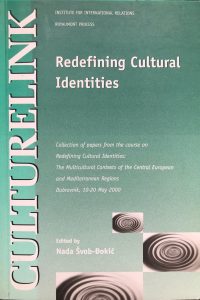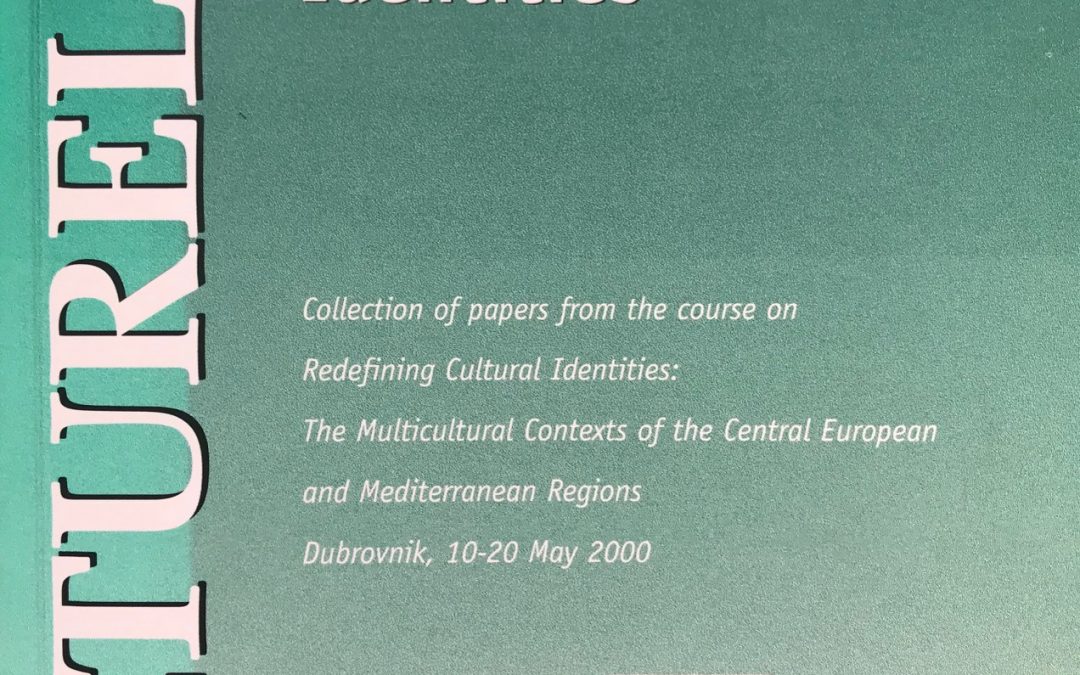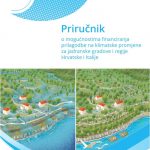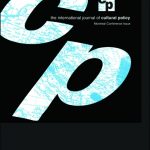
Publisher: IRMO
Year: 2001
ISBN 953-6096-21-8
Foreword
This collection of papers outlines the main issues discussed in the course on Redefining Cultural Identities: The Multicultural Contexts of the Central European and Mediterranean Regions. The course was held at the Inter-University Centre of Post-graduate Studies in Dubrovnik, 10-20 May 2000. Its main aim was to introduce the study of changing cultural identities in the postsocialist transitional countries of Southeastern Europe into the newly defined multicultural context that emerges in the Central European and Mediterranean cultural circles. The resource persons and the participants in this interactive course worked eagerly to discover new trends and elements of the political, economic and systemic changes that define the processes of cultural identification. The trends in cultural re-identification herald the arrival of newly emerging cultures and cultural values that are spreading over the region with uneven and not easily foreseeable results. The course, as well as the publication of the research results and this volume of the proceedings, was part of the project supported by the Royaumont process (regarding stability and good neighbourliness in South-Eastern Europe). The main objective of the project was to assess the identity changes in the region and to fully assert its multicultural character. Now that this project is completed, it can be said that cultural identification was marked by a total decomposition of corporate (Yugoslav) cultural identities, a strong but short-lived revival of ethnic identities; the reassertion of national identities, and, recently, by the first signs of a more open and flexible approach to newly introduced values and new regional (Mediterranean, Central European, Balkan) cultural identifications. Regional cultural identification continues to give rise to doubts about cultural links and cultural and intercultural communication. However, it is increasingly evident that such regional cultural frameworks may be much more flexible and more convenient to support further (local) cultural development than the previous strong and diversifying tradition of sub-regional cultural identification. This conclusion may give a new direction to the research in multicultural and post-multicultural developments in Southeastern Europe and bring it conceptually much closer to the European intellectual and developmental context. On behalf of all the participants in this project, the editor of this volume would like to thank the Royaumont Process coordinator and his team for enabling us to work on the project, and the EU for supporting it. My thanks go also to the authors for their contributions and for the effort they made to elaborate further certain points made during the Dubrovnik course. I thank the participants, who were active in analyzing, understanding, comparing and helping to design new approaches to cultural identification in this region. It is the sincere hope of many intellectual figures in the region that intercultural communication among us may enable us to participate in the building up of a Europe that will meet different expectations and hopes.




